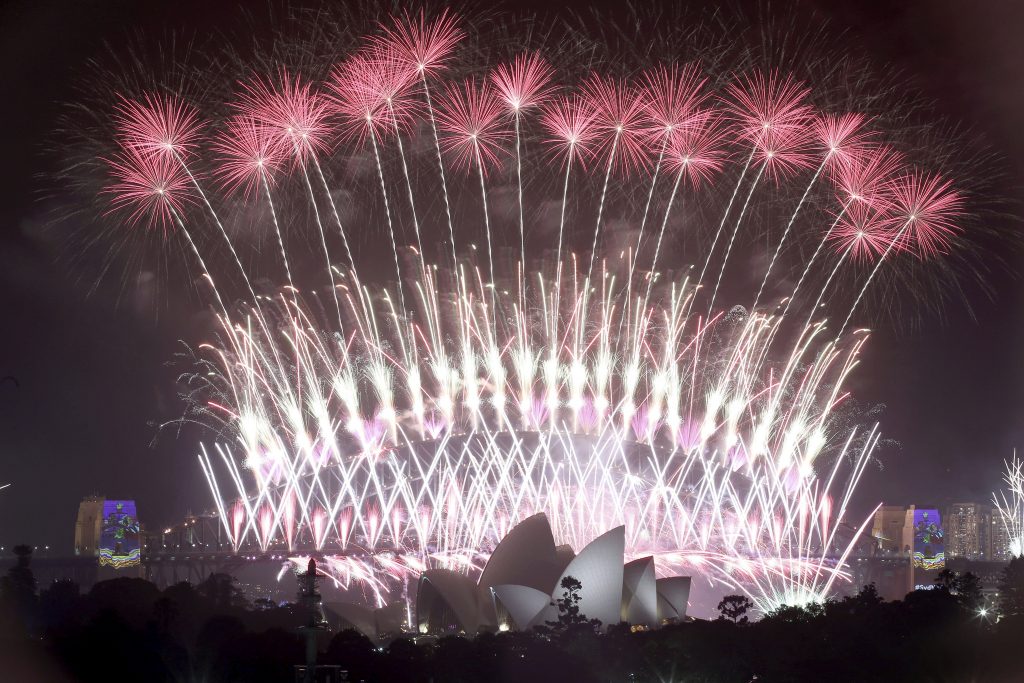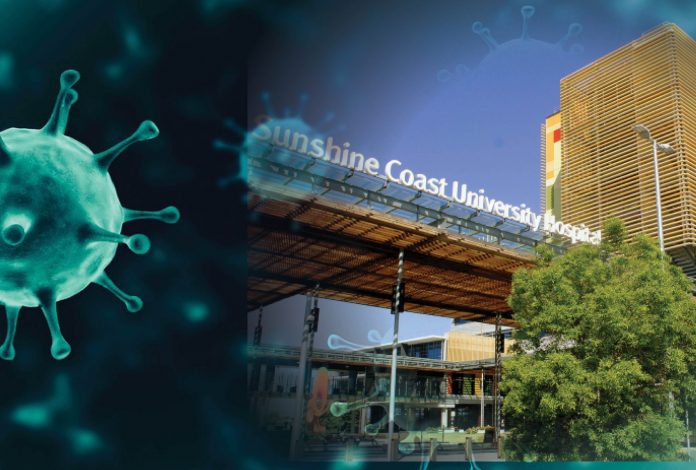The first person in Australia with a confirmed case of a highly contagious mutated strain of the coronavirus has been transferred to Sunshine Coast University Hospital.
The mutated variant was originally detected in South Africa and is believed to be more contagious than another variant that has been running rampant in the UK.
Queensland’s chief health officer Dr Jeannette Young said the case was confirmed in a woman who was already in hotel quarantine on the Sunshine Coast.
Genomic sequencing revealed that the woman, who had acquired the virus in South Africa and arrived on December 22, was infected with the mutated strain.
Dr Young said it was the first confirmed case in Australia of the concerning strain which was faster-spreading but did not appear to be more deadly than both the UK variant or the original COVID strain.
She said there was no concern about the woman’s case but it did highlight the importance of people from overseas entering hotel quarantine for two weeks.
Dr Young said the woman was taken to hospital by ambulance after her infection was confirmed and all proper procedures had been followed.
“This new variant is a concern as it is believed to be more contagious than the common variant of COVID-19 identified in Australia,” Dr Young said.
“The woman was routinely placed into hotel quarantine upon arrival. All of the other passengers aboard her flight are also in hotel quarantine and being closely monitored.
“We’ve confirmed that all health staff who have had contact with her since she arrived complied with our strict infection control measures and wore appropriate PPE.
“This case poses very low risk to the community and that shows how important policies like hotel quarantine are in protecting Queenslanders.”
There were two new cases recorded in Queensland overnight Monday, both acquired overseas and detected in hotel quarantine.
Health minister Yvette D’Ath said cases were surging overseas and more infections were being detected in people arriving in Australia.
She also confirmed traces of viral fragments in Nambour sewage and six other Queensland locations and urged people to get tested.
A number of countries have begun closing their borders in order to keep out the two mutated strains.
Japan has banned foreign visitors while Indonesia announced a two-week block on overseas arrivals in response to the UK variant.
Prime Minister Boris Johnson and his scientific advisers have said the UK variant, which could be up to 70 per cent more transmissible, is spreading rapidly in Britain.
That prompted tight social mixing restrictions measures for London and southeast England over the Christmas-New Year period,
Australia has already detected four cases of the UK variant – two each in NSW and Victoria.
According to the US Centre for Disease Control and Prevention the South African government announced the emergence of a new strain on December 18, 2020.
The mutation emerged completely independently of the UK strain and is not related to it.
Earlier
The Sunshine Coast is managing a new case of the coronavirus as five infections were recorded in Queensland on Sunday.
All cases were overseas acquired and detected while in hotel quarantine. The other four cases were on the Gold Coast.
Since the start of the pandemic the Sunshine Coast has recorded 101 cases – most of which were overseas acquired – and one death.
Queensland’s total cases are now 1,246, 13 of which are active.
- Read: Testing surges on Sunshine Coast but process causes angst
- Read: Virus-infected woman turned away from Sunshine Coast University Hospital
Meanwhile two crew members on a superyacht off Cairns, that arrived from the Maldives last week, have been classified as “historical” cases and no longer considered active.
A man in his 30s and a woman in her 20s had initially tested positive after the Lady E arrived on December 21, following a two-week sea journey from the Maldives.
Some 14 guests and other crew were directed to hotel quarantine while six other crew members remain on the vessel.
“Serology tests showed that both cases had antibodies from a previous recovered infection of COVID-19. They are no longer infectious,” a Queensland Health statement said.
“All other crew from the Lady E have also been tested and returned negative results.
“All crew members from the Lady E will continue to quarantine to fulfil the required 14-day quarantine period.”
Queensland conducted 3,104 tests in the 24 hours to Monday afternoon.
Get local news direct to your inbox by subscribing to our free daily news feed: Go to SUBSCRIBE at top of this article to register
Virus rule-breakers could be deported
The federal government is considering deporting some of the people who participated in a large party in Sydney’s eastern suburbs on Christmas Day.
Immigration Minister Alex Hawke was “shocked at the scenes” at Bronte Beach when a crowd breached social distancing and other rules imposed due to a virus outbreak in Sydney’s north.
Some are believed to be backpackers who remained in Australia during the coronavirus pandemic or expatriates mostly from the UK.
“Under the Migration Act, if someone is threatening public safety or health their visa can be cancelled or revoked,” the minister told Sydney Radio 2GB on Tuesday.
“The federal government is looking at that issue.”
Bronte beach parties… not so much social distancing going on… pic.twitter.com/3StFoCaWB8
— Peter Hannam (@p_hannam) December 25, 2020
As well, the Department of Home Affairs will work with NSW authorities in the lead up to New Year to make sure people do the right thing.
“We’re very happy to deport people if people are flagrantly disobeying public health orders,” Mr Hawke said.
NSW infections
A person living in Wollongong on the NSW south coast has tested positive for COVID-19 but has no obvious link to a growing cluster on Sydney’s northern beaches.
“We don’t want people to think we’re out of the woods, far from it,” NSW Premier Gladys Berejiklian said on Tuesday.
A number of other cases outside the northern beaches area, that don’t have immediate links to the so-called Avalon cluster, have also been found.
They come on top of three new infections confirmed in the 24 hours to 8pm on Monday.
All are people already in isolation and linked to the cluster, which now stands at 129 cases.

Meanwhile the foreshores on Sydney Harbour, where Sydneysiders traditionally gather to see the New Year’s Eve fireworks, have been shut down for the first time.
NSW authorities have also extended stay-at-home orders for the northern beaches but small indoor gatherings on New Year’s Eve and New Year’s Day will be allowed.
The NSW state government is telling people to stay at home and watch the shortened seven-minute fireworks show at midnight on television.
The government on Monday announced stay-at-home orders applying to northern beaches residents north of the Narrabeen Bridge will continue until at least January 9, while a lockdown for the peninsula’s southern zone will remain in place until January 2.
“Whilst we’re seeing the trends go the way we hope they do, there are still too many concerning aspects … of not really being able to identify what we call the intermediaries, those unlinked cases,” Ms Berejiklian said.
Restrictions for greater Sydney and regional NSW remain largely unchanged for New Year’s Eve – barring the restrictions around the harbour – but outdoor gatherings in Greater Sydney have been tightened to a maximum of 50 people, down from 100.
The changes to congregating outdoors for Greater Sydney were made after several large Christmas gatherings occurred, including a large North Bondi house party and unauthorised parties at Bronte and Centennial Park.
-with AAP





